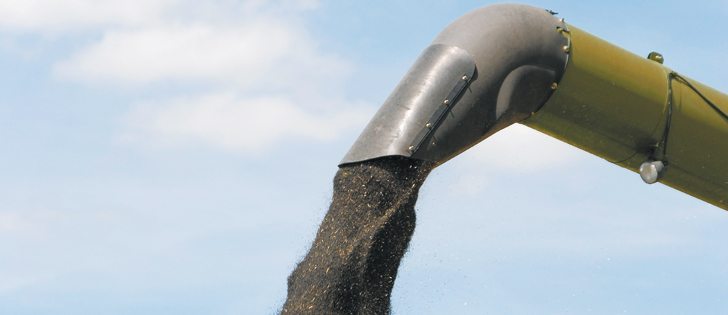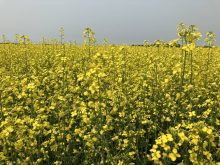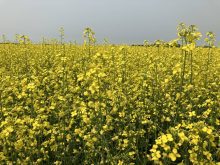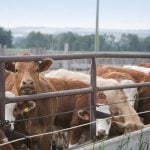Western Producer markets specialist Ed White filed this story from the Canola Council of Canada annual meeting in Washington, D.C.
WASHINGTON, D.C. – Farmers probably won’t know whether Canadian canola will be allowed free access to all of China’s crushers and ports until June, says the Canola Council of Canada’s trade expert.
“They have usually responded and clarified the situation for the coming crop year in the June time frame,” said canola council vice-president of corporate affairs Jim Everson in an interview.
Read Also
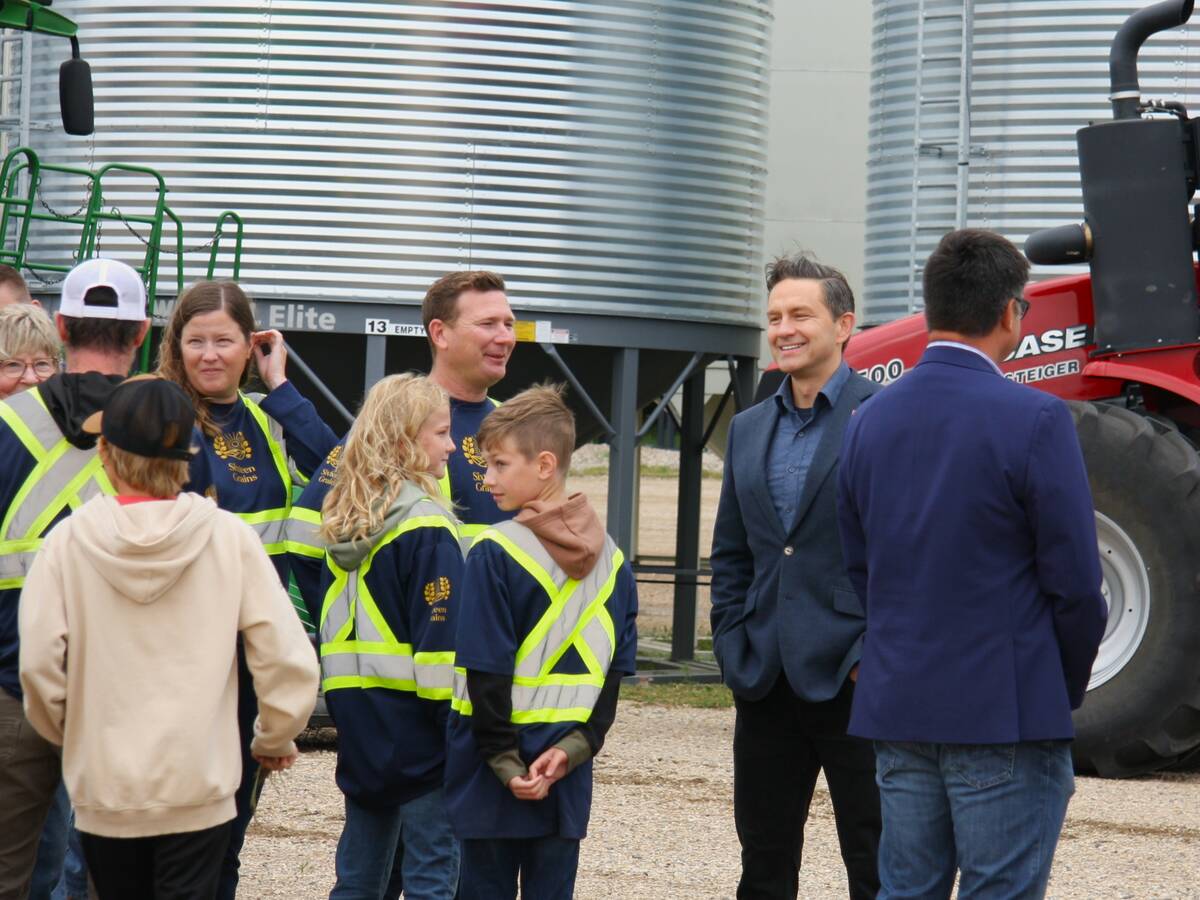
Poilievre promises EV action and calls for canola compensation
Conservative leader Pierre Poilievre promises EV action and calls for canola compensation
“There really isn’t much change in our status.”
Canadian canola seed can be shipped to only a handful of southern Chinese ports for unloading and crushing.
Northern and interior ports and crushers aren’t allowed to take Canadian canola because of Chinese government controls on blackleg.
Since 2009, when the restrictions were first imposed, Canadian negotiators have tried to maintain access to the growing market and improve canola’s treatment by the Chinese government.
But industry players worry that Canadian canola exports will sometimes exceed those ports’ limits. There have been reports that Chinese traders believe their government will expand Canadian canola access to new regions, but no official confirmation.
In 2011 China imported 1.33 million tonnes of canola seed, 564,000 tonnes of canola oil and 586,000 tonnes of canola meal.
The meal imports are a new development, Everson said, with some Chinese dairies deciding they are willing to move it into rations.
The blackleg restrictions aren’t the only problem Canadian canola has in the Chinese market. Presently, canola faces import tariffs of nine percent, but soybean imports are hit with only a three percent tariff.
Everson said the canola council is hoping that this summer’s discussions between the Canadian Food Inspection Agency and the Chinese government open the door wider to canola imports.
And bigger nation-to-nation talks may bear fruit as well. The Canadian government will soon be negotiating access issues between the two countries on a few strategic products and crops are one of them.
“The two countries have agreed to it and now they’re getting ready for a discussion on these strategic areas,” said Everson. “It’s not a free trade agreement. It’s more of a strategic discussion. Because we’re the largest exporter of agricultural commodities with canola, I think we have the opportunity to have a good discussion with China about it.”
With hopes for free trade agreements with the European Union, Korea and elsewhere in sight, Everson said the canola industry is delighted that the federal government has made market access a priority.
“Minister (Gerry) Ritz is travelling internationally and market access is on his agenda and every place he goes canola is an issue he talks about,” said Everson.
“It’s a commodity he talks about in every market he works in.”
Everson said farmers need to stay involved with market access issues and let politicians know they care.
“We have to stay vigilant on market access. We have experienced large market access issues recently and they threaten to close our markets.”


